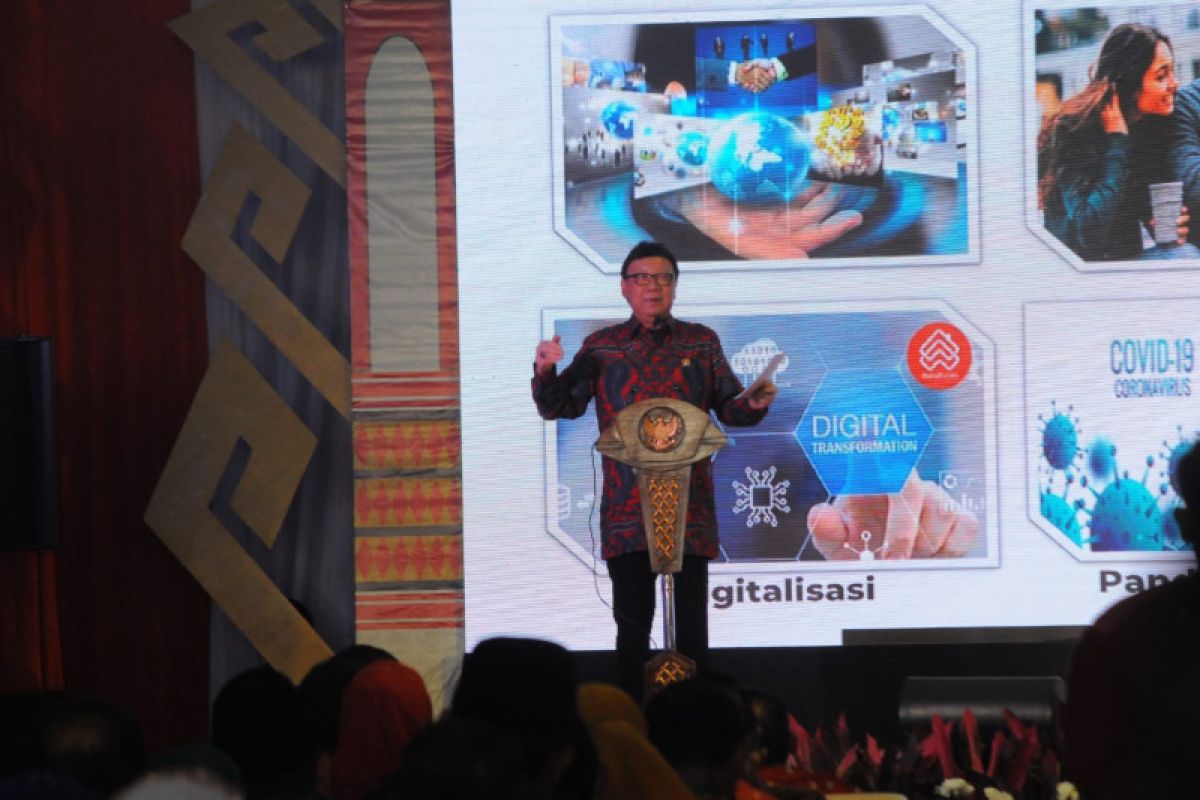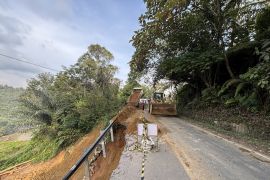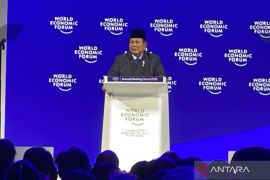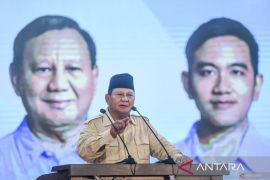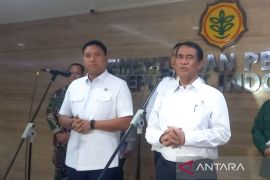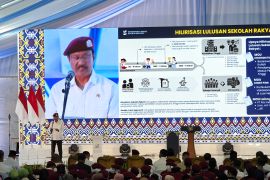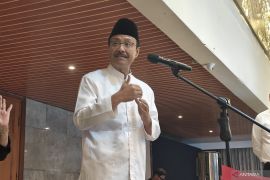"The strategic changes that the bureaucracy is currently facing today require government organizations to be more adaptive, responsive, and collaborative. There are at least four challenges that are occurring simultaneously, namely globalization, digitalization, 'millennialization', and the COVID-19 pandemic," he said here on Friday.
Kumolo noted that the changes have created new conditions and ways of working and require a new organizational system.
In particular, the experience of handling the COVID-19 pandemic, which has affected almost all political, economic, social, and cultural sectors, could be utilized as an essential lesson in running the bureaucracy.
"Hopefully, the various policies and development programs that are made can quickly and accurately respond to various dynamic and uncertain changes," he remarked.
Related news: Ministry, BNI cooperate on digitalizing HR management
According to him, state civil apparatuses (ASNs), as the main drivers of the government, are a crucial asset for the country. The development of ASNs must follow the development of the global environment and the development of public demand for quality bureaucracy.
"Based on the statistical data of civil servants released by the National Civil Service Agency (BKN), by 2025, the majority of ASNs will be millennials, and (their number) is predicted to be stronger by 2030. Thus, bureaucratic changes must be designed to become an ecosystem for digital ASNs that will dominate the number of employees in government," he explained.
The development of communication and information technology has had a significant impact on all aspects of life, including government administration.
"President Joko Widodo stressed that the bureaucracy must be quick to serve and give permission. The bureaucracy must also be able to change a linear, monotonous mindset, and not be stuck in a comfort zone, especially related to the services provided to the community," he said.
In a bid to accelerate the realization of clean, effective, transparent, and accountable governance, the government has also implemented an Electronic-Based Government System (SPBE), he noted.
"This is in accordance with Presidential Regulation Number 95 of 2018 concerning Electronic-Based Government System," the minister said.
Related news: SPBE, ZI committed to realizing transparent governance: minister
Related news: 4,030,090 applicants for civil servant candidates: MInister
Translator: Dian Hadiyatna, Raka Adji
Editor: Suharto
Copyright © ANTARA 2022
